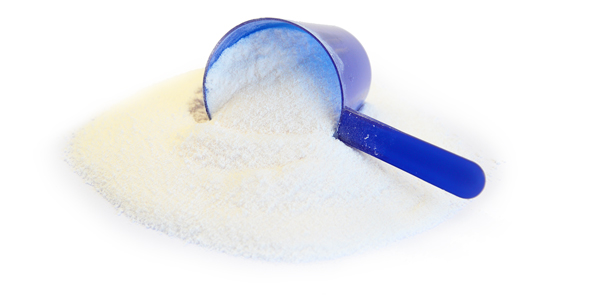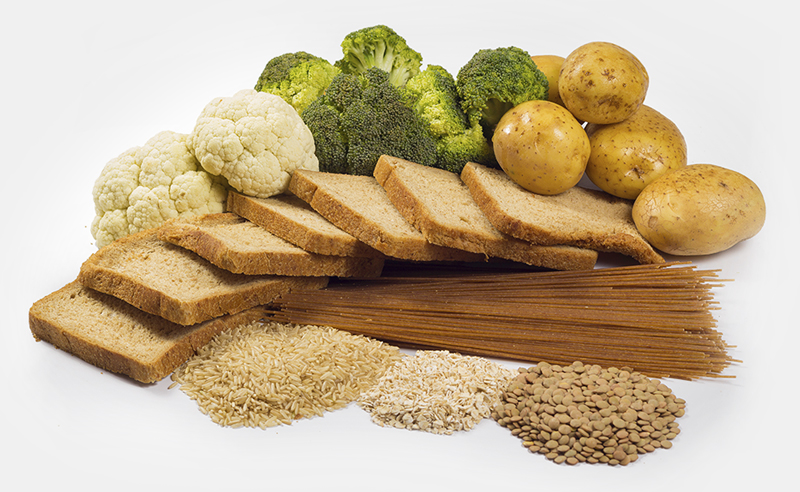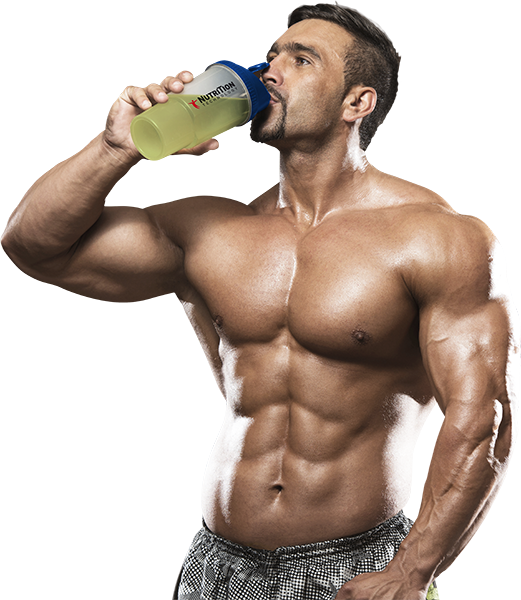Carbohydrates, also known as saccharides, are organic compounds built up from aldehydes (-CHO) or ketones (RC(=O)R') and hydroxyl groups (-OH). They are the most common biomolecule of the four major classes.
Carbohydrates are mostly known for being an energy source, but they are actually more functional than that. They play numerous roles, such as the storage and transportation of energy and structural components. In simple terms, a carbohydrate is basically the energy component of one’s diet: a biological source of food and energy.
Pure Karbolyn was invented for the sole purpose of carbohydrate loading. It was designed for elite athletes looking for a fast, safe and high performance way to easily load the muscle with accessible muscle energy (glycogen). Pure Karbolyn has been instantized, so it mixes instantly!

In the late 1990’s, NIR technology provided a brand new procedure with unsurpassed accuracy to evaluate the quality of ingredients. This new, state-of-the-art technology was then used to put major brands of various creatine products to the test. In dry powder state, results varied from excellent, to below average, to atrocious when it came to actual creatine content versus label claim.
However, after activating these same products with fluid and testing them again, the results were completely different. No matter the purity, formulation and dry creatine content, most of the creatine monohydrates rapidly converted to the toxic by-product creatinine.
Increased creatinine levels can cause stomach cramps, bloating, diarrhea, indemia, dehydration, headaches, liver and kidney problems and creatinine poisoning. These side-effects are caused by our body’s self-defense mechanism, reacting to save itself from the ingested toxins by diluting it with water.
Armed with the creatine facts above, Jeff Golini and the Bioceutical Research team went to work to address the toxic conversion of creatine monohydrate. Eighteen months later, the finishing touches were made and a U.S. Patent application filed for the successful and novel method of keeping creatine monohydrate stable and completely free of toxic conversion. With this new patent process the main problem with all existing creatine supplements, the inability to deliver concentrated amounts of creatine without toxic conversion, was solved.
Learn MoreHave you ever “hit the wall” while lifting weights or running? One moment all is going well, and the next you can hardly walk. That’s what happens when you run out of carbohydrate: your body goes into “survival mode” and greatly disables athletic performance.
Carbs are essential fuel for every cell in your body. Most sports nutritionists advise that an athletes diet should consist of 70-80% carbohydrates. Carbohydrates also play a major role in supplying your brain and body with power. This makes carbs one of the most important nutrients to athletic performance. As the body can’t supply enough carbohydrates on its own, it’s important to make sure you take in enough of them. Low carbohydrate levels lead to fatigue, which is the enemy of a good work-out and an energetic body. Athletes who follow a high-carbohydrate diet can maintain high-intensity exercise for a longer period than those on a lower-carbohydrate diet.


Carbohydrates are one of three macronutrients in our diet (the others are fat and protein). Carbohydrates are the most important energy-source of the body, making them vital for a varied and balanced diet. They come in many forms and can be found in starchy foods (bread, pasta, rice,…) and some beverages (e.g. fruit juices, sugar-sweetened drinks,…).
Learn More